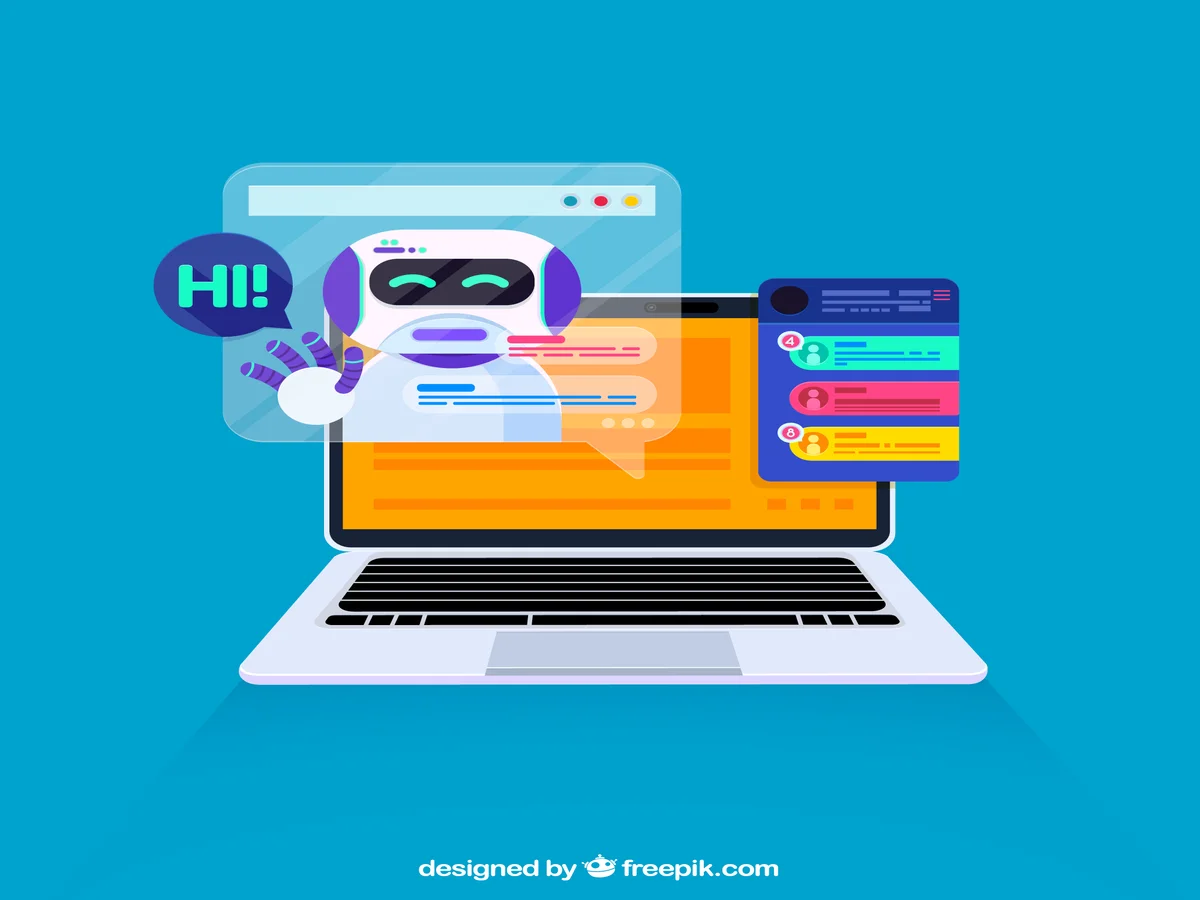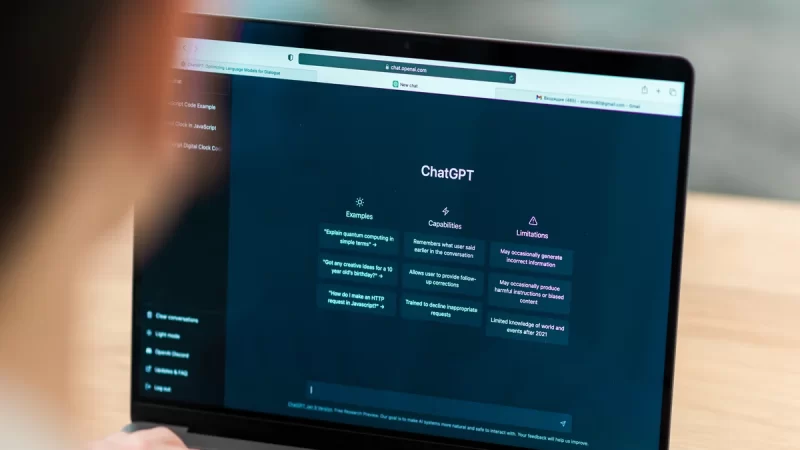An Ulitmate Guide to Utilizing ChatGPT for Keyword Research

Keyword research is a critical aspect of any successful SEO strategy. It involves identifying the specific words and phrases people use when searching for information online. Leveraging AI, such as OpenAI’s ChatGPT, for keyword research can streamline and enhance this process significantly. Here’s a comprehensive guide on how to maximize ChatGPT for your keyword research endeavors.
The Role of Keywords
Before diving into utilizing ChatGPT, it’s crucial to understand the role of keywords in SEO. Keywords are the bridge connecting users’ queries to your content. They determine your content’s visibility in search engine results. Effective keyword research helps in:
- 1. Targeting Audience Intent: Keywords reflect what users are seeking, aiding in aligning your content with their needs.
- 2. Competitive Edge: Researching keywords used by competitors can offer insights into their strategies and help differentiate your content.
- 3. Content Optimization: By incorporating relevant keywords, you optimize your content for search engines, enhancing its chances of ranking higher.
Leveraging ChatGPT for Keyword Research
ChatGPT, with its natural language processing capabilities, can assist in generating, refining, and expanding your keyword list effectively.
1. Generating Seed Keywords:
Utilize ChatGPT by prompting it with broad topics or industry-related terms. For instance, asking, “What are common keywords used in digital marketing?” ChatGPT can then provide a list of initial keywords based on its vast language understanding.
2. Long-Tail Keyword Exploration:
Engage ChatGPT in conversations to explore long-tail keywords – specific and detailed phrases that cater to niche audiences. Ask open-ended questions like, “What are some long-tail keywords related to sustainable fashion trends?” This can yield unique and less competitive keyword variations.
3. Competitor Keyword Analysis:
ChatGPT can aid in analyzing competitor keywords. Ask it to generate a list of terms commonly associated with a competitor’s website or industry. For example, inquire, “What keywords does [Competitor Name] rank for?” This information can guide your strategy and uncover untapped opportunities.
4. Content Optimization Suggestions:
Present your existing content to ChatGPT and seek advice on optimizing it for specific keywords. For instance, ask, “How can I improve my blog post for the keyword ‘healthy recipes’?” ChatGPT can provide suggestions to enhance your content’s keyword relevance.
5. Local SEO Insights:
If targeting a specific geographic location, ask ChatGPT for keywords relevant to that area. For instance, inquire about keywords for a local bakery in a particular city. This helps in optimizing content for local search queries.
Best Practices for Effective Keyword Research with ChatGPT
To maximize the potential of ChatGPT in keyword research, consider these best practices:
- Use Varied Prompts: Experiment with different prompts and questions to receive diverse keyword suggestions.
- Validate Suggestions: Cross-reference ChatGPT’s suggestions using dedicated keyword research tools to verify search volume, competition, and relevance.
- Contextual Understanding: Provide specific details when seeking keywords to ensure ChatGPT generates accurate and relevant suggestions.
Key Takeaways
Incorporating ChatGPT into your keyword research strategy can significantly streamline the process and offer fresh insights. However, while AI like ChatGPT can provide valuable suggestions, combining its outputs with human expertise and other SEO tools is crucial for comprehensive and effective keyword research. Embrace this powerful tool to uncover hidden keyword gems and strengthen your SEO efforts.
FAQs:
ChatGPT is an AI language model capable of understanding and generating human-like text. It aids in keyword research by providing suggestions, generating long-tail keywords, analyzing competitor keywords, offering content optimization advice, and more.
ChatGPT’s suggestions are based on its extensive language training and understanding of context. While it can offer valuable keyword ideas, it’s advisable to verify these suggestions using dedicated keyword research tools to ensure accuracy in terms of search volume, competition, and relevance.
Yes, by specifying the geographic location or context, ChatGPT can generate keywords relevant to local SEO. Asking for keywords related to a particular city, region, or location-specific queries can provide valuable insights for local optimization.
Using varied prompts and providing specific details in your questions can yield more accurate and diverse keyword suggestions. Ask open-ended questions related to your industry or content niche to receive tailored keyword recommendations.
ChatGPT can assist in analyzing competitor keywords by generating a list of terms commonly associated with a competitor’s website or industry. This information helps in understanding competitor strategies and identifying potential keyword opportunities.







